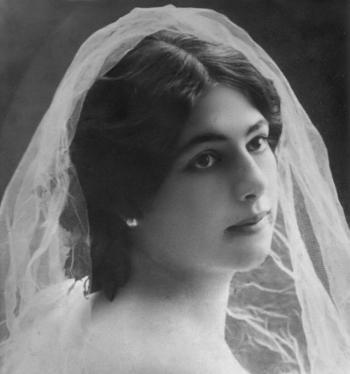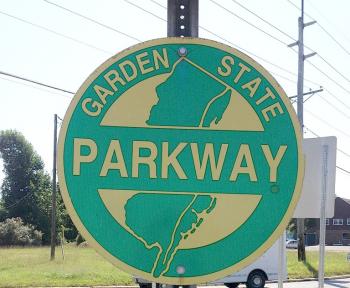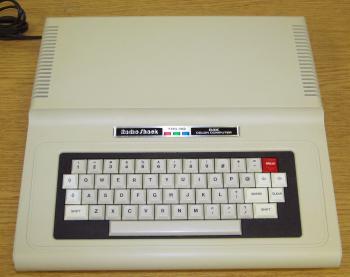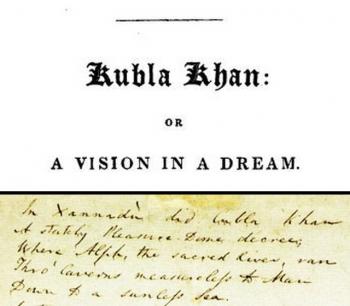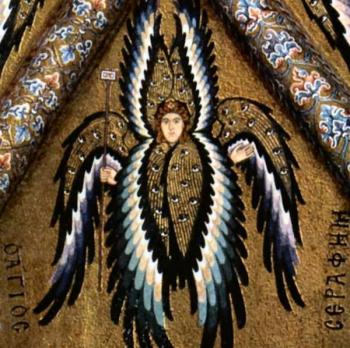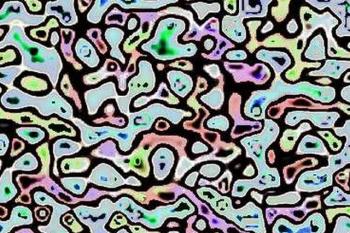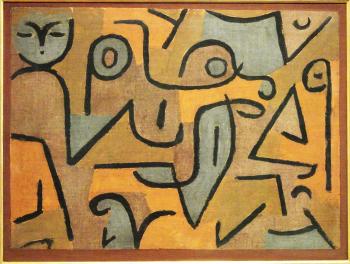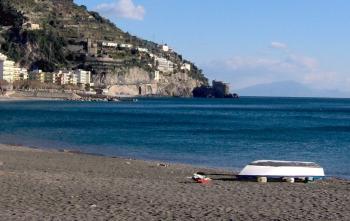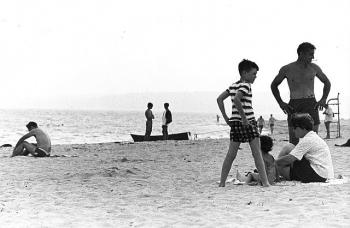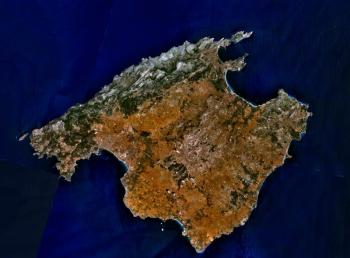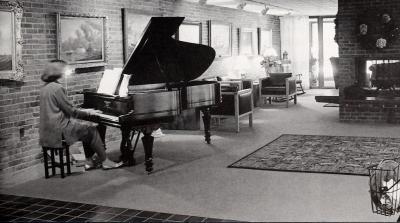Users Who Spiked
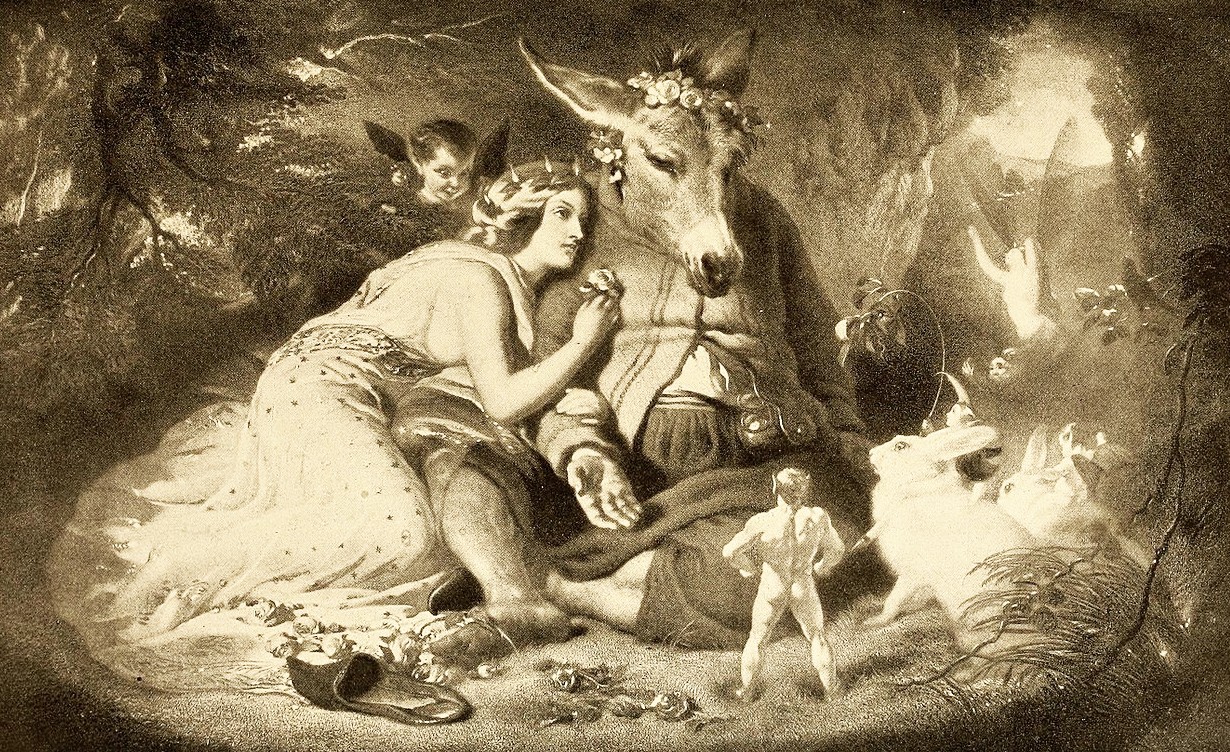
FINDING YOUR ART: PART 1
Private Notes
Private Notes
Notes
FINDING YOUR ART: Part 1
This is the first of a series of posts, here at WriteSpike, about living your life as an artist. This is a follow-up to my autobiography of 60+ poems which was about my personal experience of living the artist's life. These are all posted in the stories area at my page on WriteSpike.
You've decided you will be an artist. This is what you will do with your life.
Well, I have good news and bad news.
The good news is that if you really want to live your life as an artist you can succeed in the United States.
However, as we all know, much of life is about money and how to handle money.
So the bad news is that you will not be able to make much money, people you know may look down on you because you drive an old car, your family will tell you 'I told you so' and you may not get much recognition. It will be a struggle -- and a lot of work.
Hmm... Well, let's go back to the good news. Just how can you live as an artist in the US? The simple answer is to live cheap, really cheap. Which is a lot easier than it sounds. You can learn to live a low-cost lifestyle, which BTW, is better for the environment, and if you are smart no one needs to ever know how little you paid.
If you think a bit outside the box, you will find that you have to earn a lot less than you may have thought or that you have been told. All of which frees up time for your art.
A friend of mine way back when, said that if you lived just a few years behind the times (not meaning computers or cell phones) you could cut expenses dramatically. In our affluent society where many people feel they have to own the newest and the latest, we artists can buy the slightly used for about 75% off. This applies to clothes especially. My wife regularly buys brand-name and almost new clothing for next to nothing at thrift stores.
And the list of genuine money-saving strategies is long -- which I will write about in future postings.
As for earning a living, you will want to avoid high-pressure mind-numbing jobs. They will sap your energy and you won't have much left for your art. If you can, try to freelance which, with the help of the Internet, can be much easier than it used to be. But if your art is your main focus, your career cannot be as important.
But all of this money and job stuff avoids the question. Why be an artist -- especially in this country where artists are seen as impractical and unnecessary?
There is a very simple answer.
The right art form for the right person, gives that person meaning. And doing something that has meaning makes all the difference.
Yet if it were only that simple...
Doing my art, for me personally, has been the anchor in the storm. My art has given me immense satisfaction when other things in my personal life were not going well, for example.
But deciding to be an artist is only the beginning of the process. You may have family members who don't like what you are doing, critics who don't like your work, jealous artists who find reasons to dismiss your efforts and your own self-doubt.
A writer friend once told me that a decision not to write would be like cutting off one of his arms. And he felt that serious writers should feel that way no matter what kind of recognition they got. If you call yourself an author, I think that means that you write regularly -- it does not mean that your work is a best seller.
Yet when you are starting out, you might have visions of wealth and fame, but I believe that only hurts your efforts. It's a bit like a really good high-school basketball player who thinks he will play for the NBA. It is possible but highly unlikely.
For me, doing your art is about the work. Period. As Woody Allen joked 90% of life is showing up. Do your work and do it regularly and as the composer, Phillip Glass, pointed out, the longer you do it the better it will become. It's that simple.
I am reminded about a story of a poet in the days of the typewriter. He bought a large box filled with reams of paper. He decided that he would not even think about the worth of his efforts until he had used up the last piece of paper in that box -- which, of course, took years and by that time he was so into the habit of writing, he could not stop.
Yet often the price you pay to do your art can be very high. Before he was known Claude Monet, the famous Impressionist painter, suffered immense hardships: his family had disowned him, he had not eaten for days, and his debts were mounting. He threw himself into the Seine River in Paris hoping he would drown, but then, being a good swimmer, he realized he could not go through with it and pulled himself out dripping wet. Yet it became a turning point in his life because an art patron realized the seriousness of the situation and bought a painting.
None of us can predict what price we will have to pay if we commit ourselves to poetry or playing music or composing or making crafts or acting or scriptwriting or video or photography or painting, or media art or film, etc. It's kind of like a marriage -- for better or worse, in sickness and in health, 'till death do us part.
Soon after I had made my own decision to pursue art as my life's work, I had a recurring dream. In the dream, I was in line with a tray at my college cafeteria. When I got to the inviting food, I noticed there were no prices. I asked the servers what things cost and they ignored me -- no one would say. I had this dream many times. Toward the end of the dream cycle, I was angry and banging my fists demanding that they tell me -- but they never would.
I realized later it had to do with my decision to create art. I would be nourished but I could not know the cost.


















